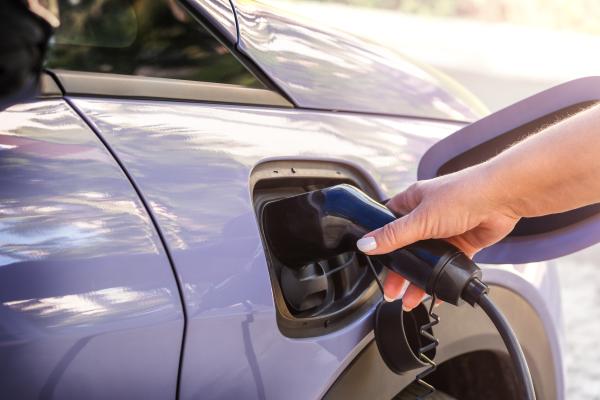
Given the environmental benefits of electric vehicles and the tax advantages that still remain, many employers are considering whether now is the time to offer electric cars to their employees. This could either be as a benefit in kind (where provided as part of a remuneration package) or under a salary sacrifice arrangement.
Since the optional remuneration arrangements were introduced in April 2017, salary sacrifice for petrol and diesel cars has been less beneficial as the employee is taxed on the higher of the salary given up and the value of the taxable benefit provided in its place. The optional remuneration rules do not apply to cars with CO2 emissions of 75 g/km or less. This makes electric cars more attractive as there’s the opportunity for employees to sacrifice salary for an electric car, saving tax and National Insurance because of the difference between the salary given up and the (relatively) low benefit in kind on the car provided by the employer instead.
Whilst this article explores the position for fully electric cars, there may be cases where a hybrid vehicle with low CO2 emissions may also be a possibility for salary sacrifice. However, it is worth remembering that the benefit in kind rates for hybrid cars are expected to rise in the coming years.
Tax advantages of electric cars
Electric cars have several tax advantages for both employee and employer. The two biggest benefits are the upfront tax reliefs to the employer on purchase, and the vastly reduced benefit in kind costs, which mainly benefit the employee.
Where an electric car is bought, the employer should be able to claim 100% First Year Allowances on the cost of the car as long it is new and unused, although this reduces to 18% Writing Down Allowances per year for second hand electric cars. Electric cars are unaffected by the lease cost restriction rules for cars, so if the car is leased any lease costs are fully deductible in the employer’s tax computation.
The benefit in kind for the employee for fully electric cars is currently 3% of the vehicle’s list price when new. Whilst this is due to increase in the coming years, it is still significantly lower than the highest rate of 37% that can apply to petrol and diesel cars with higher levels of CO2 emissions. The lower benefit in kind reduces both the tax payable by the employee and the Class 1A National Insurance payable by the employer.
Salary sacrifice can therefore be attractive, as the employee could agree to reduce their salary by the lease cost of a car through a bespoke provider and then only have to pay a benefit in kind of 3% of the car’s list price. Structured correctly, an electric car salary sacrifice scheme can have minimal cost to the employer as the employee’s salary will often be reduced by the lease cost of the vehicle and the employer might even save National Insurance on the difference between the sacrificed salary and the benefit in kind for the car.
Special rules for charging company electric cars
HMRC provide a useful tool setting out the tax rules on charging costs for both a company car or an employee’s own car. In the case of a company car, HMRC manual EIM23900 explains the treatment of various scenarios in more detail.
As electricity is not classed as a fuel for car fuel benefit purposes, no taxable benefit arises where an employer provides charging facilities at or near the employee’s workplace, where the employer pays for a charging point for the employee’s home or pays for a charge card for use in public charging points.
The employer can also reimburse the employee for the electric costs of charging a company car at the employee’s home. If they choose not to, the employee can still claim tax relief on the electricity cost of the business miles travelled.
Make sure that the salary sacrifice is carried out correctly
There are special rules on the importance of structuring a salary sacrifice effectively. HMRC has published salary sacrifice guidance covering how an employer might set up a scheme properly. One factor that needs to be borne in mind is compliance with National Minimum Wage rates – in the case of salary sacrifice for electric cars, this may affect the extent to which lower earners can take part in any scheme.
This article reflects the position at the date of publication. If you are reading this at a later date you are advised to check that that position has not changed in the time since.
We regularly publish articles on a range of tax and wider topical issues which affect employers. If you wish to subscribe to our monthly Employer Focus e-newsletter, please contact us.














